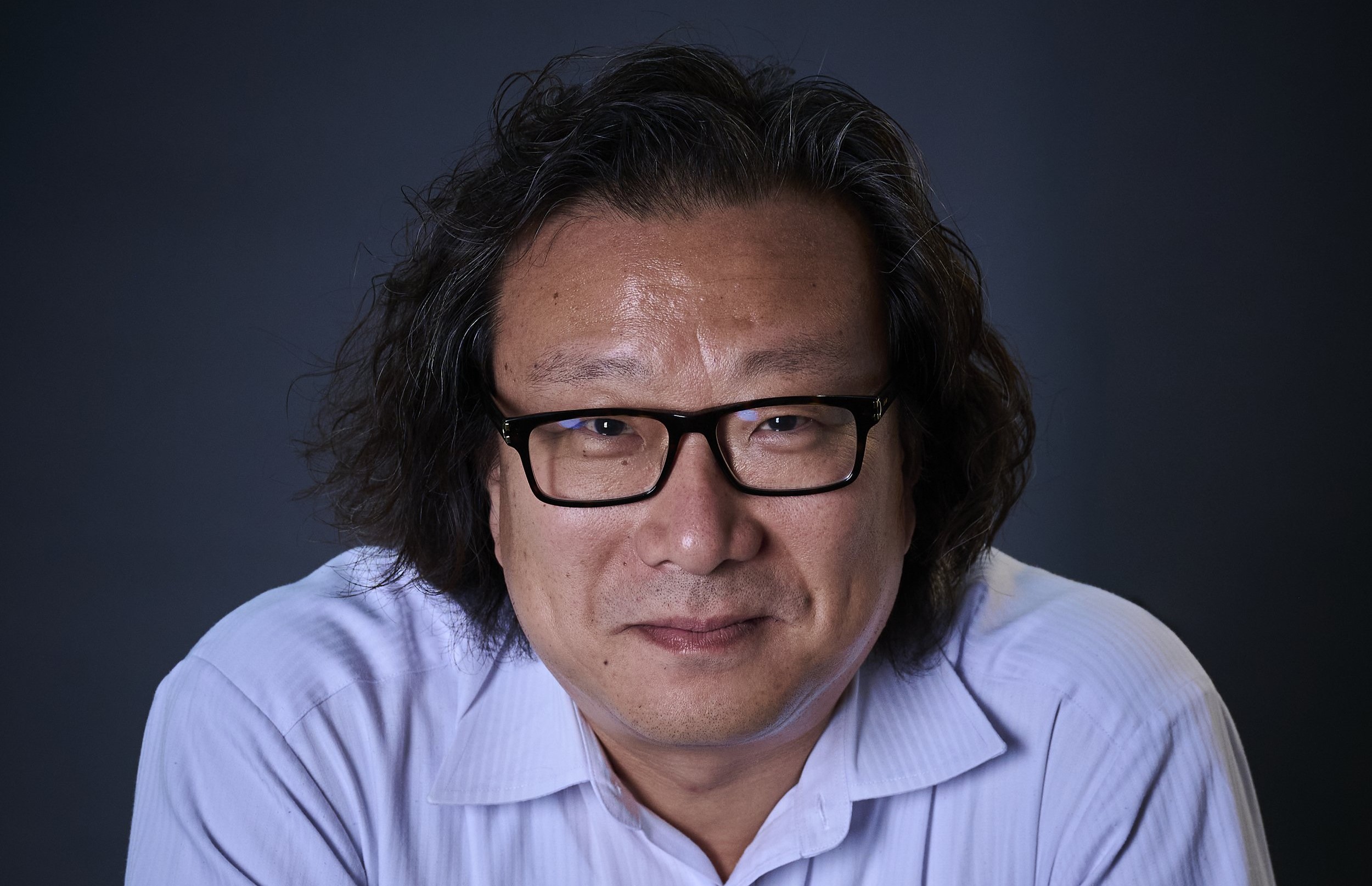
Kaz Hadano, the newly-appointed chief executive of Sony Ventures, is planning to double down on an international focus for the corporate venture unit, including inviting more international investors to be limited partners (LPs) in the next fund the team raises.
“I intend to invite other, non-Japanese LP investors as well,” Hadano (pictured above) told Global Corporate Venturing in a recent interview. “I spent a lot of time living in Europe, so I would like to invite in some European investors.”
Sony Ventures, the CVC arm of consumer electronics and entertainment conglomerate Sony, began taking in domestic banks and corporates as LPs for its last fund, Sony Innovation Fund 3, and is preparing for its next one, working on a fundraising plan set to be finalised within the next year.
It already has a global remit in its investments, with offices in Tokyo, India, Israel, Italy, UK and the US, and it recently launched an exploratory $10m Africa fund, which Hadano took a key role in setting up.
“I spent a lot of time living in Europe, so I would like to invite in some European investors”
But now the team is looking to become more international in terms of the investors it recruits for its next fund. The Sony Ventures move marks a significant change for the Japanese CVC sector, as Japanese companies have often been LPs in US-headquartered funds, but Japanese venture funds have traditionally been more inward-facing with their backers.
Sony Ventures is considering a global LP base but Hadano’s fondness for Europe stems from roughly four years he spent in Europe as managing director of the UK-based Sony Global Treasury Services, before being appointed deputy chief executive of Sony Ventures last year, moving up as outgoing CEO Gen Tuschikawa took on a chairman role.
The model, with Sony as general partner alongside outside LPs, began when Sony Ventures formed a partnership with investment bank Daiwa Securities for its $185m Growth Fund in 2019. It expanded to a wider range of backers for Innovation Fund 3, which has deployed less than half of the $210m it closed early last year and is still actively investing. However, Hadano is already looking ahead to the next GP/LP fund.
“We need to think about the next funds that will be raised, and that’s what we’re working on,” he says.
Global investment strategy

Sony Ventures is continuing to refine its global investment strategy. It isn’t just about replicating the same model in each territory.
“In the US, Europe and Japan, pretty much all our focus sectors are covered: entertainment, fintech, health, enterprise and deeptech,” Hadano says.
“In India, we are currently focused on the fintech, healthcare and enterprise sectors, rather than deep tech or any other solutions. We decided to mainly choose those three, but now we are reviewing our investment strategy to cover other areas as well, like entertainment and deeptech.”
Sony’s African strategy is however completely different, focusing chiefly on content creators across a range of fields but especially local music and manga, which Hadano says is growing in popularity on the continent – a neat link with Sony’s home country.
“We need to somehow engage with local artists and creators,” he says.
“Of course, our music business group should be able to reach out to those artists, but through our investment activity, we should be able to get additional information through the community. Because the most important thing for us is how to get to know the community there.”
Sony Ventures is investing between $250,000 and $1m per deal out of the Africa fund and partnering with the World Bank’s International Finance Corporation, an organisation with a presence all over the continent, to find startups. It is also communicating with Sony Music – which has offices in South Africa, Nigeria, Kenya and Ghana – and film and TV producer Sony Pictures over its activity.

Hadano will be discussing how to deliver on the strategic promise of CVC with Terry Doyle of Telus Ventures and MassMutual Ventures’ Samantha Santaniello at the GCV Symposium in London next week.
In Sony Ventures’ case, that’s complicated by having to also touch base with external LPs who are more concerned with financial returns than strategic advantage.
“It’s a little different from other CVCs; most CVCs, especially in Japan, just utilise corporate balance sheet money. In our case, we have a mixed situation,” Hadano says. “If it’s early stage, we are likely to utilise balance sheet funds, but if it’s later-stage startups or follow-ons, we utilise the GP/LP funds.”
Sony Ventures has a planning committee that includes company executives and tech specialists, and it speaks to the latter frequently to gauge their needs or get their input on technologies and whether they would be useful within the group.
“Or sometimes they can introduce the startups to us,” says Hadano. “It goes both ways.”
In terms of how Sony Ventures is looking at new tech, Hadano says the unit is examining the different methodologies of technologies like artificial intelligence together with the group’s business units to decide where it could be used most effectively.
With blockchain, that methodology lies in how to save energy and costs on the gas fees paid on transactions for Ethereum, the second most widely used cryptocurrency worldwide. And last year, Sony Ventures invested in Quantum Motion, a UK-based startup developing silicon quantum computing technology.
“Why are we interested in quantum? We wanted to know what it is, through our investment,” Hadano says. “Again, there are methodologies in quantum computing, and we need to [find them] with our internal tech guys. It’s quite difficult to assess and takes a long time to realise the monetisation process, but we really want to know what it is.”
